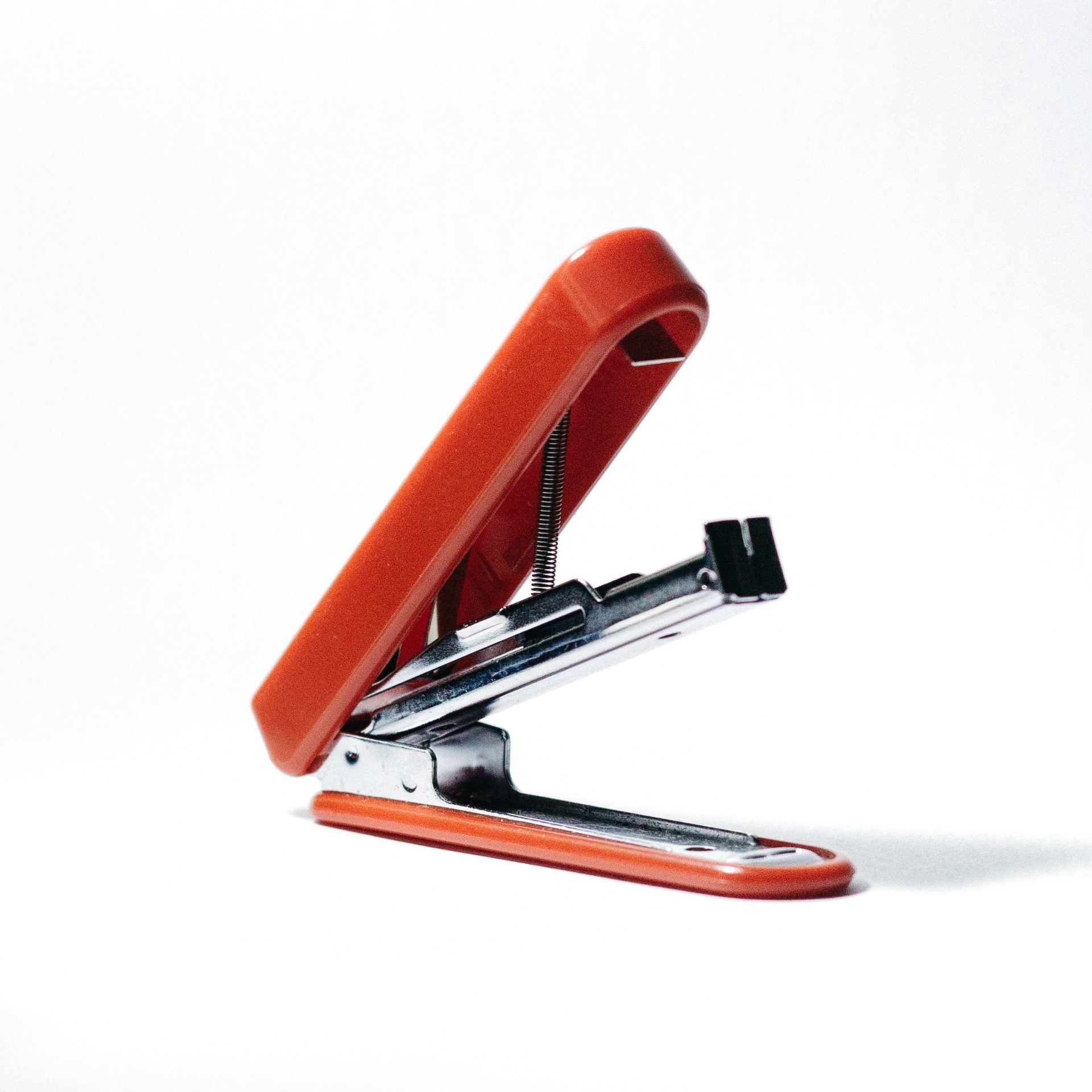The Definitive Guide to Resume Tenses
Understanding which verb tense to use in a resume can be frustrating but using the wrong one will be noticed by a recruiter and could hurt your chances at landing an interview.
As your resume is a reflection of your current and previous accomplishments and skills, there will be instances where you will need to use past tense and instances where you will need to use present tense.
Being able to effectively convey information is one of the most important life skills.
This is equally true on your resume.
Differentiating between past and present tense verbs will help you to better explain your experience and accomplishments.
In addition, utilizing correct grammar throughout your resume will show points of demarcation and where certain accomplishments were gained or ended.
Lastly, utilizing correct verb tense shows that you are a more solid, refined, and polished candidate.
I mean, even the fact that you are reading this article shows that you care.
Paying attention to the small things and the details will help you, not in just writing your resume, but also in your career.
What is Present Tense?
Present tense is used to describe an event or state of being that is current.
That means that it is used to describe an event that is ongoing or still happening.
You would use a present tense verb to describe an action that is currently happening or occurring.
In keeping these definitions extremely simple and easy to understand, we’ve listed a few examples below.
These examples are, of course, related to work accomplishments:
- I manage a team of 7 project managers
- Pull reporting to determine the most cost-effective route
- Lead a team of engineers through initial design process and wireframing
What is Past Tense?
Past tense is used to describe an event or accomplishment which previously occurred.
It is used to describe an action which is completed, and which is no longer on-going.
When writing your resume, most of the bulleted points describing accomplishments and achievements will be written using a past tense verb.
In keeping these definitions extremely simple and easy to understand, we’ve listed a few examples below.
These examples are, of course, related to work accomplishments:
- Completed sitewide rewrite
- Sold over 10,000 units to direct clients via cold calling
- Project managed new web application from onset through completion
When to Use Present Tense Verbs on Resume?
When including present tense verbs on your resume, you should only include them for actions and items that are currently ongoing.
These should be items which you continue to work on and items which are not yet completed.
More often than not, present tense verbs will be utilized for a job, volunteer work, or academic achievement which you are still part of.
When to Use Past Tense Verbs on Resume?
Most accomplishments and achievements on your resume will be listed in the past tense.
That is because the bulk of your accomplishments and work experience would have occurred in the past.
As-such, you will be utilizing a majority of past tense verbs to describe those accomplishments.
It is ok, and preferred, to use past tense verbs to describe your previous work experience.
As that experience has been completed, and is no longer ongoing, then you should expect the majority of your resume to be written in the past tense.
If you are struggling on when to differentiate between the past or present tense, you can opt to use the past tense for all accomplishments and achievements.
This is commonly done and should not present any issues or problems.
However, if you are looking to differentiate, a great rule of thumb is that any work experience which you are currently engaged in, should use the present tense.
Any work experiences which previously occurred should use the past tense.
Conclusion
Understanding the difference between the past and present tenses will help you format your resume.
Writing your resume in a grammatically correct and accurate way will help you to land an interview and will impress the recruiter and hiring manager.
A resume riddled with typos, errors, and incorrect grammar risks being tossed aside by any hiring manager.
You can also check out the following books which can help with understanding different grammar and grammatical uses:
The Only Grammar Book You’ll Ever Need: A One-Stop Source for Every Writing Assignment









